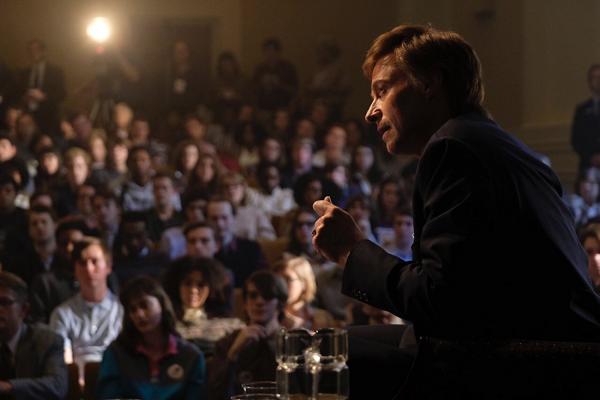To his credit, Reitman tries to humanize the characters on all sides of the issue, in an attempt to cast some shades of gray. It’s an admirable idea, but the lack of commitment to a particular perspective sinks the film. It also goes pretty easy on Hart, and one gets the sense that Reitman and his co-writers Matt Bai and Jay Carson (themselves experienced both in running campaigns and political reporting) seem to think it’s a real shame that media scandal tanked a campaign that could have done some real good. That may be, but it’s impossible to ignore that if Hart had stuck closer to the morals he claimed, there wouldn’t have been a scandal to report. Whatever good qualities he may have had, he’s just as guilty as the people who brought him down
Read the Full Article

